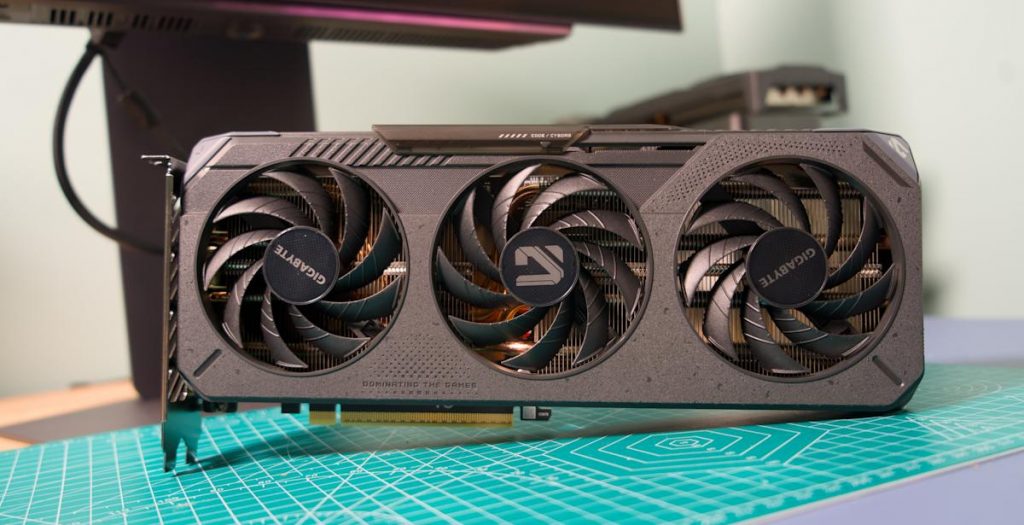
Finally, a powerful $350 GPU
NVIDIA releases a brand new video card and AMD follows up with a cheaper one….

NVIDIA releases a brand new video card and AMD follows up with a cheaper one. That’s basically been the cycle of the GPU industry for the last decade, with NVIDIA typically leading the pack and AMD rushing to keep up. But with the recent Radeon RX 9070 and 9070 XT, AMD finally found a winning…

Tour Disney’s private oasis at Castaway CayTravel
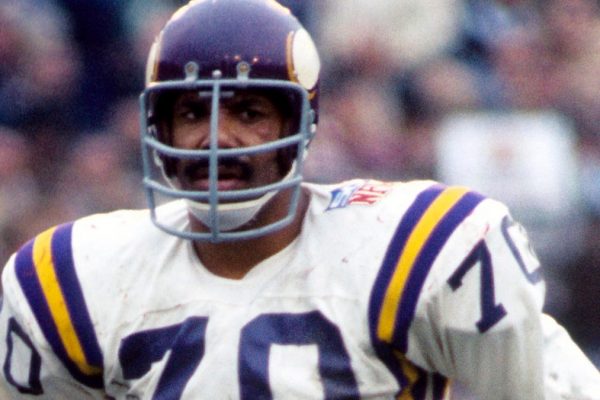
One of the most durable players in NFL history − though he was perhaps best known for an infamous blunder − has died. The Minnesota Vikings announced the passing of longtime defensive end Jim Marshall on Tuesday. A cause was not revealed, though the team said Marshall’s death came “following a lengthy hospitalization.” He was…
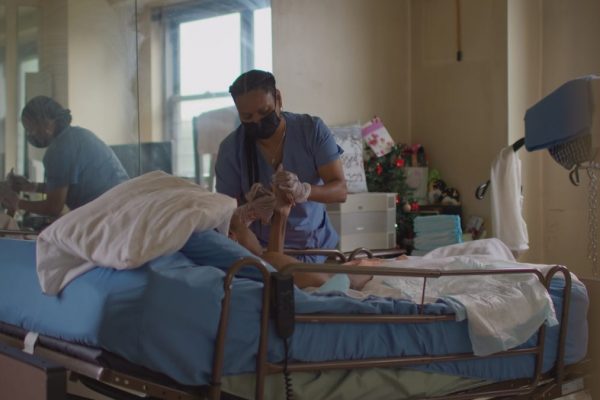
Matthew Cauli had no one to turn to when his wife, Kanlaya Cauli, had a stroke and was diagnosed with cancer during the height of the COVID-19 pandemic. He left his graphic design career to care for her and their young son, Ty. Cauli said he quickly discovered there were few resources for caregivers. He…

Car recalls: Why they happen and what buyers should know Why do car recalls happen? Here’s what to know if your car has an open recall. Ford Motor Company recently issued multiple recalls, affecting over 42,000 vehicles, for issues that can potentially increase the risk of fires and crashes, according to the National Highway Traffic…
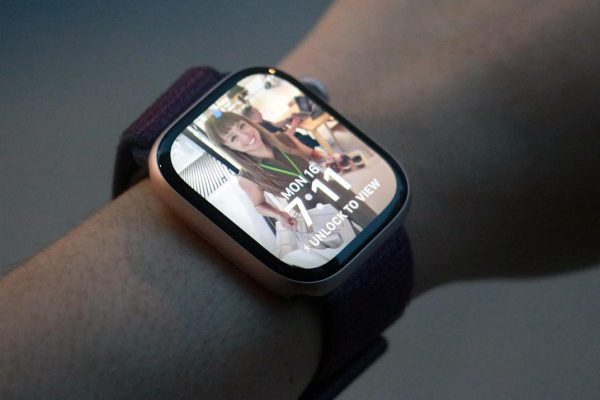
If you’re already planning a bunch of outdoor getaways ahead of summer’s official start, you may also want a new wearable that can keep up with all your activities. The Apple Watch Series 10 is arguably the best option for most people (iPhone users, for sure), and now it’s back on sale for its best…

Popular grocery store chain Whole Foods has more than 535 locations across the U.S., Canada and the U.K., and is continuing to add to its footprint in 2025. According to the company’s website, it has opened six new locations across the world so far this year, with five of those being in the U.S. The…
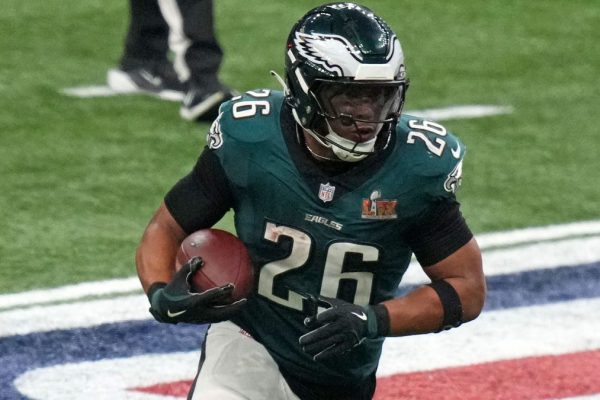
Ashton Jeanty talks all things Las Vegas Raiders and his hopes in the NFL Ashton Jeanty spoke with USA TODAY Sports about his upcoming rookie season with the Raiders and his partnership with Sharpie. Sports Seriously Philadelphia Eagles running back Saquon Barkley was chosen to be the cover athlete for Madden 26, the latest installment…
USA TODAY | provided by Sanctuary Here are the horoscopes for today, Tuesday, June 3, 2025. For full daily and monthly horoscopes as well as expert readings, see our full Horoscopes experience. What is your zodiac sign? A guide to what astrology can tell you about yourself Get to know Geminis: Personality traits and more…

You can no longer use Google Wallet to pay with your PayPal account in the US. As Android Authority has reported, Google has updated the Wallet Help page to state that the integration will be ending on June 13. Your linked PayPal account can no longer be used to pay for anything, and it will…